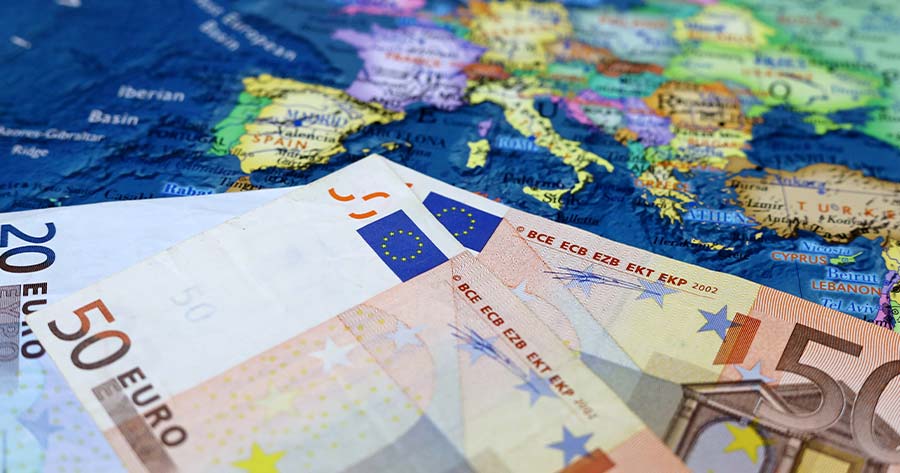The eurozone economy grew by 0.1% in the first quarter of the year, lower than market expectations after stagnation at the end of last year, preliminary data showed on Friday.
Economists polled by Reuters predicted 0.2% quarterly increase.
The annual growth rate of the economy was 1.3%, which was somewhat below the consensus estimate of 1.4%.
Germany, the largest member of the bloc, experienced zero growth after a drop in the fourth quarter of 2022. France, Italy, and Spain all had economic growth.
The Eurozone has been hit hard by rising food and energy prices as a result of Russia’s invasion of Ukraine, falling consumer confidence, and rising interest rates.
However, the economy has shown surprising resilience, similar to during the COVID-19 pandemic, when growth exceeded expectations because businesses adapted to new conditions faster than policymakers expected.
Analysts said growth in 2023 will be among the weakest on record due to a big decline in real earnings and rising interest rates.
The European Commission expects economic growth in the Eurozone of 0.9% this year and 1.5% in 2024.





